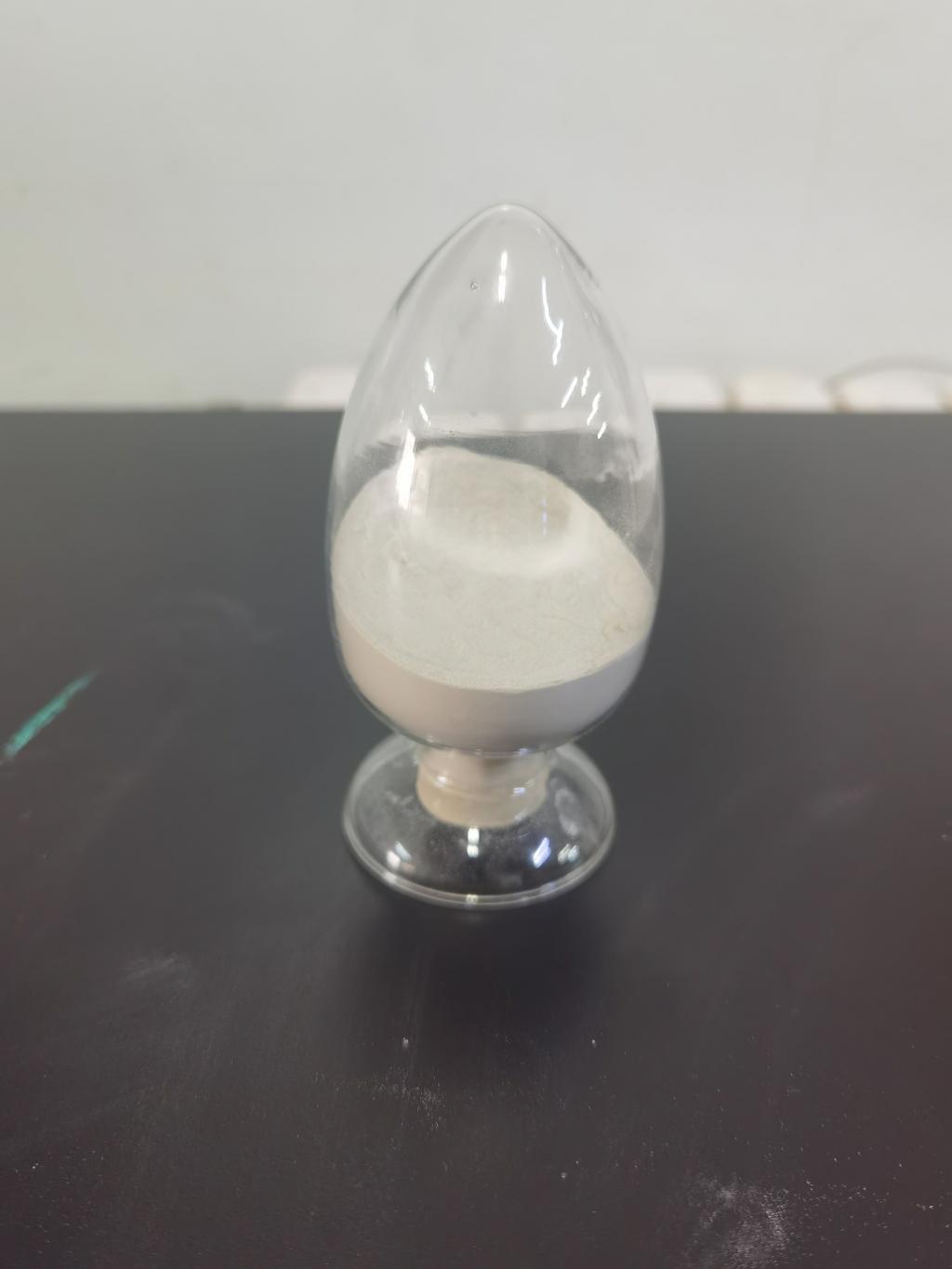Tel:+8618231198596

News
 CONTACT
CONTACT
 CONTACT
CONTACT
- Linkman:Linda Yao
- Tel: +8618231198596
- Email:linda.yao@dcpharma.cn
- Linkman:CHARLES.WANG
- Department:Overseas
- Tel: 0086 0311-85537378 0086 0311-85539701
News
Nisin's role in controlling microbial growth in dairy products.
TIME:2024-04-10
Understanding Nisin:
Nisin is a naturally occurring antimicrobial peptide produced by certain strains of the bacterium Lactococcus lactis. Discovered nearly a century ago, nisin has been extensively studied for its antimicrobial properties and has found widespread application as a food preservative. Its mode of action involves disrupting the cell membranes of target bacteria, leading to cell lysis and ultimately, microbial death.
One of the key advantages of nisin is its specificity towards certain Gram-positive bacteria, including pathogens such as Listeria monocytogenes and Staphylococcus aureus, while sparing beneficial bacteria and yeast. This selective activity allows nisin to target harmful microorganisms without adversely affecting the sensory properties or nutritional value of dairy products.
Prolonging Freshness in Dairy Products:
Dairy products such as milk, cheese, yogurt, and butter are highly perishable due to their nutrient-rich composition and high moisture content. Microbial contamination can lead to spoilage, off-flavors, and texture changes, thereby reducing the shelf life and consumer acceptability of these products. Nisin plays a crucial role in controlling microbial growth and prolonging the freshness of dairy products throughout storage and distribution.
In cheese production, for example, nisin can be added directly to the milk or incorporated into the cheese curd to inhibit the growth of spoilage bacteria and molds. This helps prevent defects such as gas production, surface discoloration, and excessive proteolysis, thereby ensuring the consistency and quality of the final product. By controlling microbial growth, nisin allows cheese manufacturers to extend the shelf life of their products without compromising their sensory properties or nutritional value.
Similarly, in yogurt production, nisin can be added to the milk during fermentation to inhibit the growth of spoilage bacteria and yeast. This helps maintain the acidity and viscosity of the yogurt while preventing post-acidification and syneresis, which can occur due to microbial activity during storage. By incorporating nisin into yogurt formulations, manufacturers can ensure the stability and freshness of their products throughout their shelf life.
Enhancing Nutritional Value:
In addition to its role in controlling microbial growth, nisin may also have beneficial effects on the nutritional value of dairy products. Research suggests that nisin may exert anti-inflammatory and immunomodulatory effects, which could potentially enhance the health-promoting properties of dairy products.
For example, studies have shown that nisin supplementation in dairy products may help reduce inflammation and improve gut health by modulating the composition of the gut microbiota. This could have implications for conditions such as inflammatory bowel disease (IBD) and irritable bowel syndrome (IBS), where dysbiosis of the gut microbiota is implicated in disease pathogenesis.
Furthermore, nisin has been investigated for its potential to enhance the bioavailability of certain nutrients in dairy products. For instance, studies have suggested that nisin may improve the absorption of calcium and other minerals by promoting the solubilization of insoluble complexes in the gastrointestinal tract. This could have implications for bone health and the prevention of osteoporosis, particularly in populations at risk of calcium deficiency.
Consumer Acceptance and Market Trends:
The incorporation of nisin into dairy products aligns with consumer demand for natural and minimally processed foods. As consumers become increasingly health-conscious and seek alternatives to synthetic preservatives and additives, the use of natural preservatives like nisin has gained traction in the food industry.
Moreover, the growing awareness of the health benefits of probiotics and bioactive compounds in dairy products has fueled interest in ingredients like nisin, which may offer additional health-promoting properties. Manufacturers are responding to these trends by reformulating their products to include clean label ingredients and highlighting the natural and functional benefits of nisin in their marketing campaigns.
Regulatory Considerations and Safety:
As with any food additive, ensuring the safety of nisin is essential to its use in dairy products. Regulatory agencies such as the U.S. Food and Drug Administration (FDA) and the European Food Safety Authority (EFSA) have evaluated the safety of nisin and established maximum permitted levels for its use in food products.
Furthermore, nisin is generally recognized as safe (GRAS) for use in food by regulatory authorities around the world. Its long history of safe use in food preservation, coupled with its natural origin, reinforces its status as a safe and effective preservative for dairy products.
Conclusion:
In conclusion, nisin plays a critical role in controlling microbial growth in dairy products, thereby prolonging their freshness and enhancing their nutritional value. Its selective antimicrobial activity, stability, and safety make it a valuable tool for manufacturers seeking to ensure the quality and safety of their dairy products while meeting consumer demand for natural and minimally processed foods. As the food industry continues to evolve, the incorporation of nisin into dairy products offers opportunities to enhance their health-promoting properties and satisfy the evolving preferences of consumers.
- Tel:+8618231198596
- Whatsapp:18231198596
- Chat With Skype







